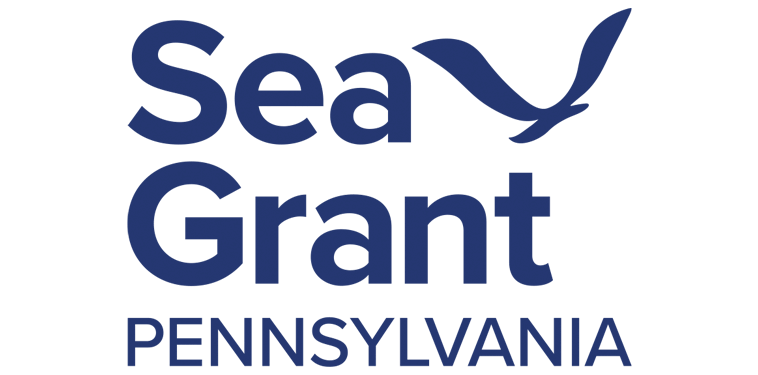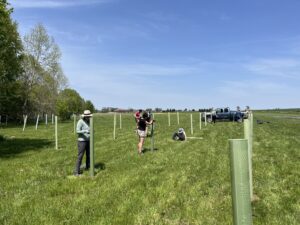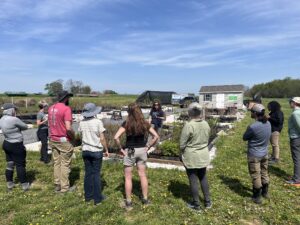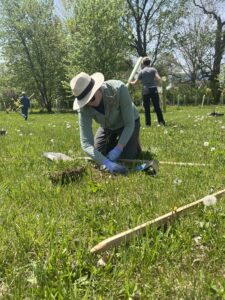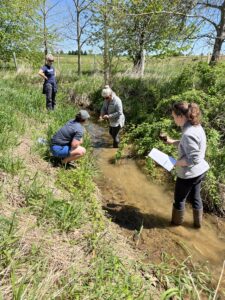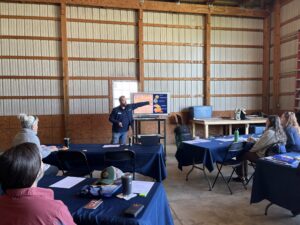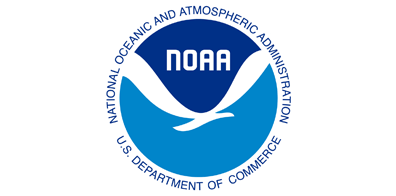Meaningful Watershed Educational Experiences
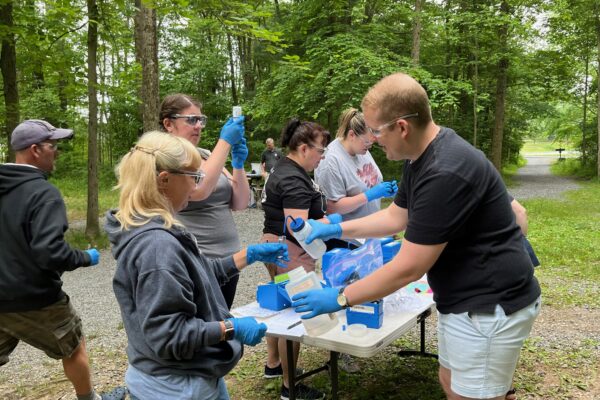
What is a MWEE?
Meaningful Watershed Educational Experiences (MWEEs) are made up of multiple components that include learning in the classroom and outdoors and are designed to increase environmental literacy by actively engaging students in building knowledge and meaning through hands-on experiences, to ultimately make sense of the relationships between the natural world and society. MWEEs help connect students with their local environment and equip them to make decisions and take actions that contribute to stronger, and more sustainable and equitable communities.
The MWEE consists of four essential elements and four supporting practices that build upon each other to create a comprehensive, student-centered learning experience. Throughout the MWEE, teachers provide structure, support, and encouragement as students use their curiosity and creativity to investigate and take action to address a local environmental issue.
MWEEs are appropriate for all grade levels with content and practices growing in complexity and sophistication across the grades — starting with educator guided inquiry and progressing to learner-centered inquiry. Using the MWEE framework helps educators create an engaging unit to achieve learning objectives (i.e., the knowledge, skills, and attitudes that students should be able to exhibit following instruction). Learning objectives address academic standards, but might also include other objectives, such as teamwork, social-emotional learning, and civic responsibility.
Pennsylvania Sea Grant engages with partners across the state to offer professional development opportunities for formal and nonformal educators to explore the Meaningful Watershed Educational Experiences framework and to help educators better facilitate these learner-centered experiences to focus on investigations into local environmental issues leading to informed action and civic engagement.
Examples of MWEE Activities
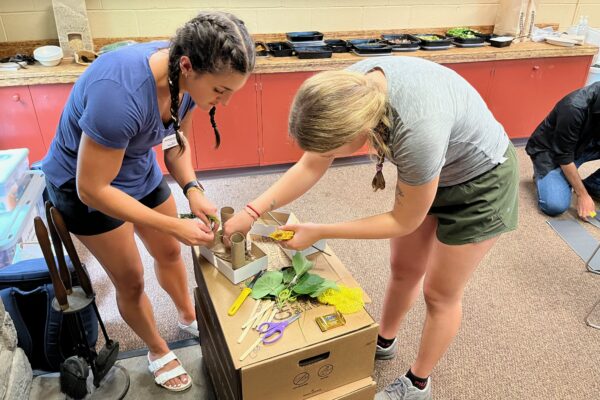
Constructing habitats in Philadelphia County
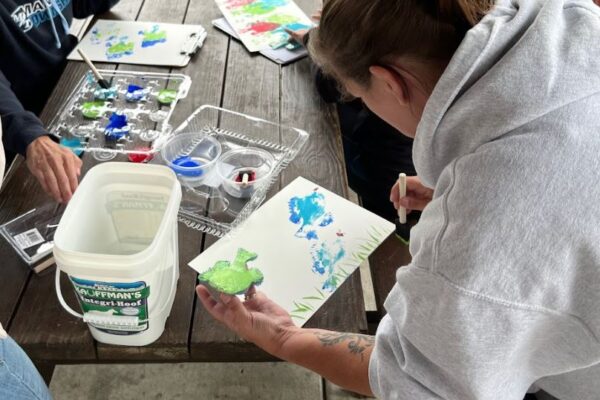
Fish painting science lesson in Lancaster County
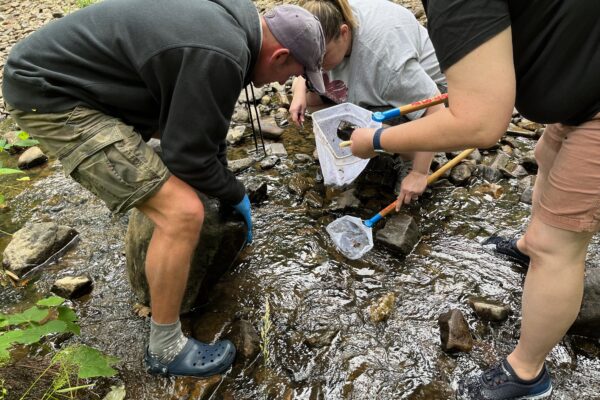
Macroinvertebrate sampling in Lebanon County

Exploring local phenomena using maps in Chester County

Defining an environmental problem in Dauphin County

Learning about aquaponics in Erie County
Recent MWEE Activities
Contact Michelle Niedermeier
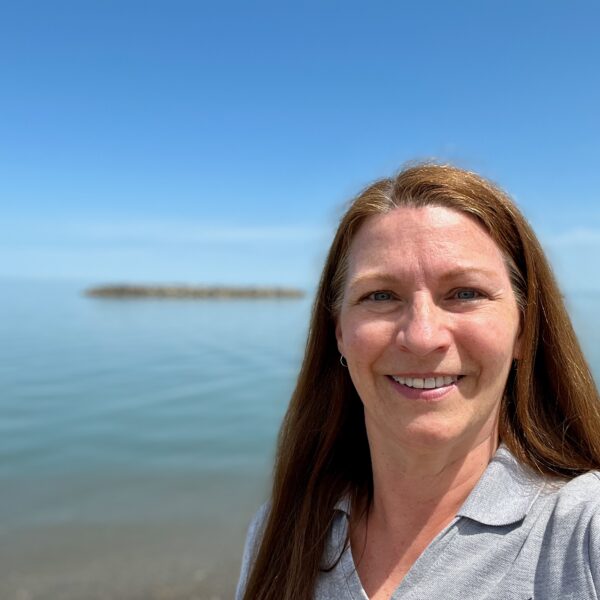
Michelle Niedermeier joined Pennsylvania Sea Grant in July 2021 as education lead. She is responsible for funding, planning, developing, implementing, and evaluating youth and adult educational programs with a focus on ocean, river, and Great Lakes literacy; civic action and stewardship; coastal resilience and resources; and watershed and environmental sustainability topics across Pennsylvania. Read Michelle’s full bio.
